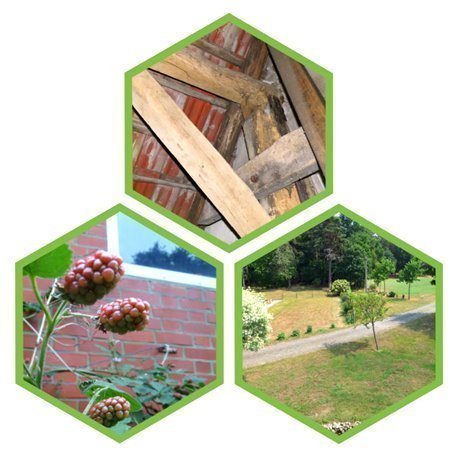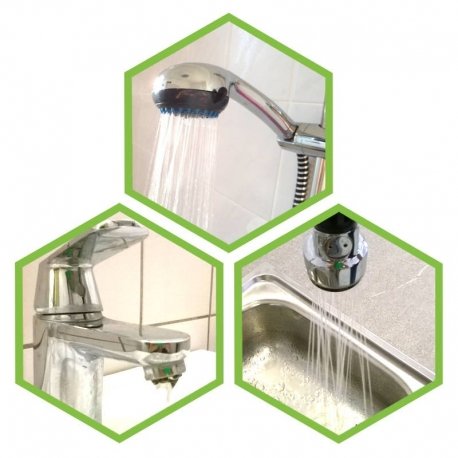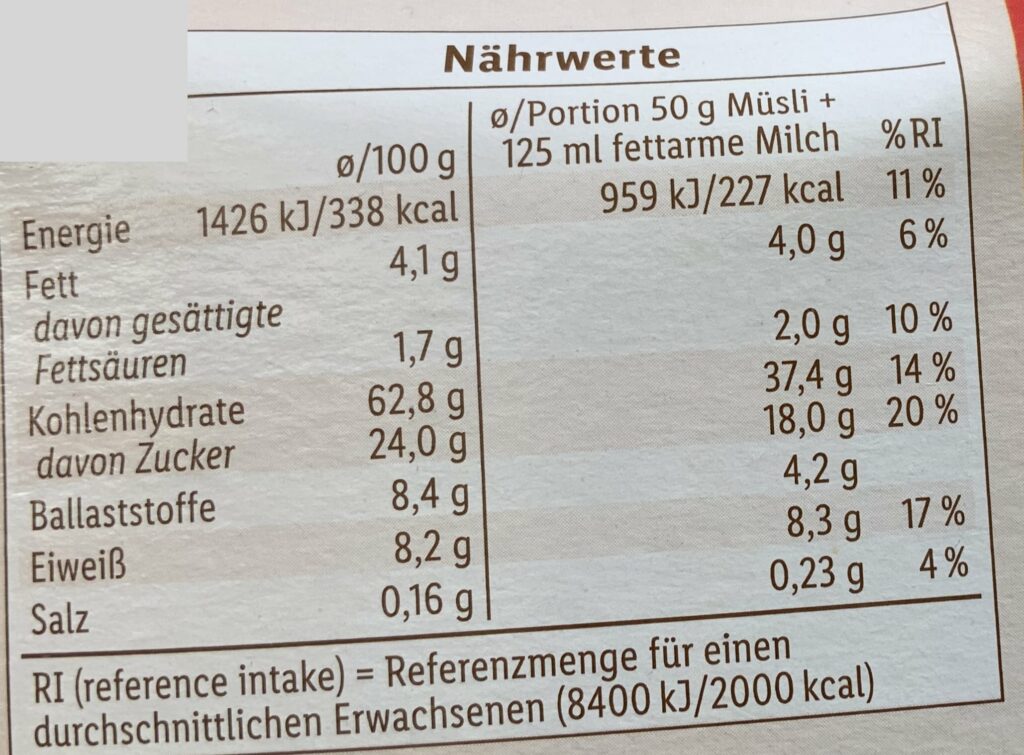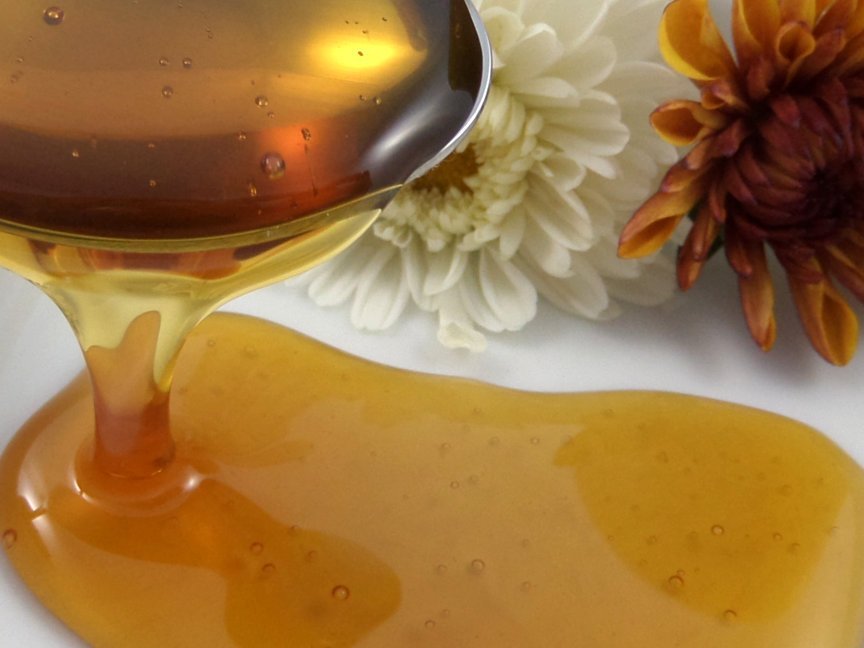{:de}

Ist die Pflanze gesund, freuen sich Mensch und Tier.
Der Boden und das Gießwasser sind die Basis
Reich an Vitaminen und frei von Schadstoffen soll das selbst gezogene Obst und Gemüse werden.
Ein Problem ist jedoch, dass Umweltgifte und Schadstoffe im Boden oder Brunnenwasser weder zu sehen noch zu schmecken sind.
Die Eintragswege und die möglichen Schadstoffe sind vielfältig.
PAK (polycyclische aromatische Kohlenwasserstoffe) werden mit den Autoabgasen von der nahe gelegenen Straße eingetragen. Eine weitere Quelle kann die Asche vom Grill sein.
Schwermetalle stammen möglicherweise aus dem Boden selbst. Sie können auch durch nahe gelegene Industrie oder Müllentsorgung in den Boden gelangen.
Pflanzenschutzmittel wie Glyphosat können vom Nachbarn herüber geweht werden (Drift). Die “alten” Pestizide aus den 70er Jahren bauen sich generell schlecht ab und sind noch Jahrzehnte später im Boden zu finden.
Anmerkung: Uns erreichen immer wieder Anfragen, weil eine unerlaubte Anwendung vermutet wird. Die Pflanzen sind dann quasi über Nacht eingegangen. Tatsächlich können wir in vielen Fällen eine Anwendung von Pestiziden nachweisen.
Ist das Wasser mit Rückständen belastet, landen diese ebenfalls am Ende auf dem Teller. Rückstände, die noch im Boden lagern, werden mit dem Gießwasser gelöst und dann von der Pflanze aufgenommen.
Was also tun? Immer wenn Sie wenig über die Historie der Gartenerde wissen, weil Sie z.B. den Schrebergarten gerade erst übernommen haben, oder einen konkreten Verdacht haben, ist eine Analyse eine gute Idee.
Bei Fragen stehen wir Ihnen gerne zur Verfügung: mail@my-lab.com; Telefon: 030-233215800
Boden- und Wasseranalysen bei my-lab:
Hier finden Sie die wichtigsten Analysen
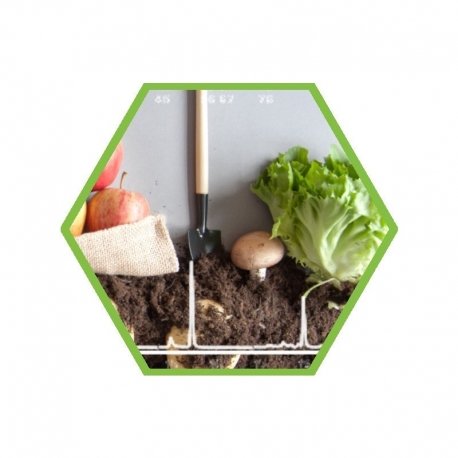 |
Boden: Polycyclische aromatische Kohlenwasserstoffe PAK (EPA)SPAH2 Downloads: |
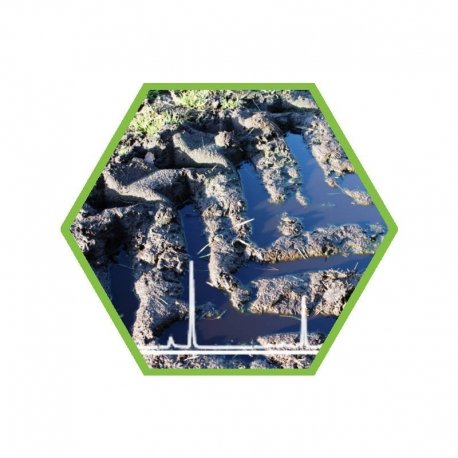 |
Boden und Pflanzenmaterial: Glyphosat/ AMPA/ GlufosinatSPG01 Downloads: |
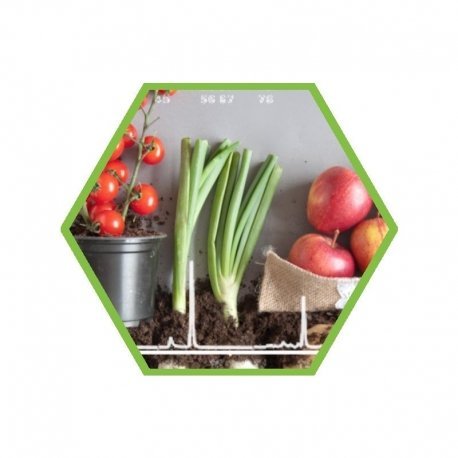 |
Boden: Schwermetalle (As, Pb, Cd, Cr, Cu, Ni, Zn, Hg)SHM08 |
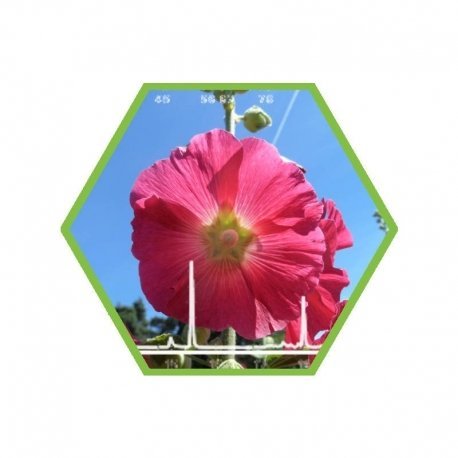 |
Baumarkt Herbizide (Maleinsäurehydrazid und Pelargonsäure)SPPM2 |
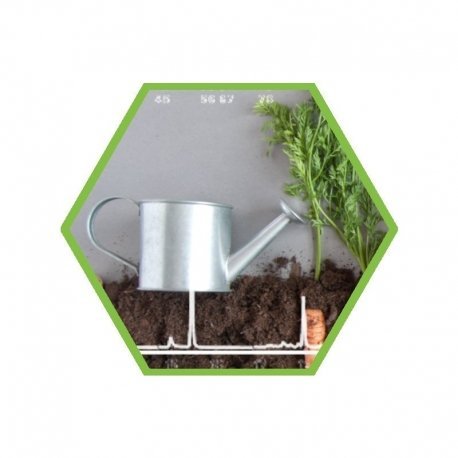 |
Wasser: Analyse von 5 Schwermetallen (Pb, Cd, Cu, Ni, Zn)WAC05 |
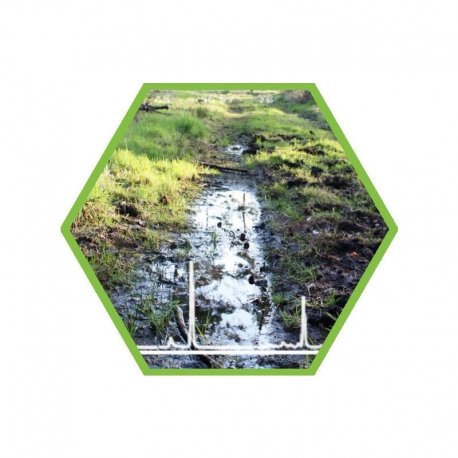 |
Wasser: Glyphosat / AMPAZPG01 |
Wir haben für Sie zwei Analysenpakete geschnürt, welche die wichtigsten Fragen zur Qualität Ihrer Gartenerde und Ihres Gießwassers beantworten:
|
|
Bildnachweis:
- Titelbild + Beitragsbild | Quelle: my-lab International | Modifiziert von my-lab International
{:}{:en}
If the plant is healthy, humans and animals are happy.
What belongs to a healthy plant?
Rich in vitamins and free of harmful substances would definitely be a good thing. Unfortunately, home-grown fruit and vegetables are not always free of harmful substances. Industrial plants and intensive agriculture in the immediate vicinity or even the uncritical previous owner can have affected the pollutant situation in the soil.
Fruit and vegetables from our own cultivation offer some advantages. Apart from the fact that it is also a lot of fun to work in one’s own garden and watch the plants grow, one’s own vegetables offer the chance of really good quality. The time of harvest can be optimally selected and varieties can be cultivated which are not (no longer) available on the market. While tomatoes from the greenhouse are often harvested too early, you can wait in your own garden until the fruits are ripe and aromatic.
One problem is that environmental toxins and pollutants cannot be seen or tasted in soil or well water. Long-standing property owners know at least what has happened to their garden lately.
But what does it look like when the allotment garden has been leased? Who can guarantee that the previous owners did not resort to pesticide spraying now and then, and that there are no contaminated sites in the soil? In doubt, nobody. The plants absorb nutrients and pollutants from the soil via the irrigation water. If the water is contaminated with residues, they end up on the plate. Residues that are still stored in the soil are dissolved with the water and then absorbed by the plant.
What to do then? In this case a soil and water analysis is a good way to get clarity.
Which pollutants can be present in the garden?
As environmental contaminants heavy metals, PAKs or dioxins can hide in the soil.
Pesticides from conventional agriculture or from the use of hobby gardeners can hide in soil and well water.
What about the nutrients?
In addition to the pollutants, the question of nutrient supply also arises, because a good yield can only be achieved if the plants are optimally supplied. If you do not want to rely blindly on a universal fertilizer, you can find an optimal solution with the help of a Mineral material analysis and subsequent fertilizer recommendation. To do this, it is essential to specify the planned main crop. Because every plant has different needs and therefore needs its own mineral recommendation.
For questions please contact us: mail@my-lab.com; Phone: 030-233215800
Soil and water analyses at my-lab:
 |
PAH (EPA) in soilSPAH2 |
 |
analyis of heavy metals in soil (Pb, Cd, Cr, Cu, Ni, Zn, As, Hg)SHM07 |
 |
soil and plant material: Glyphosat, AMPA and Glufosinat analysisSPG01 |
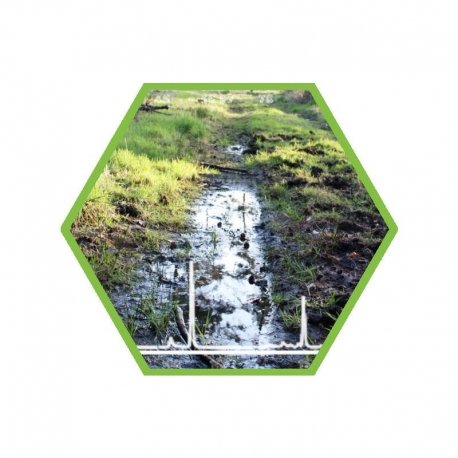 |
PCB in soilSCP01 |
 |
tap water and well water – heavy metals: Pb, Cd, Cu, NiWAC01 |
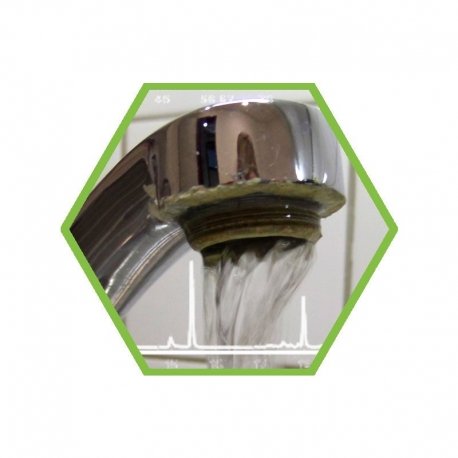 |
water: Nitrat/NitritWGN02 |
 |
Bodenuntersuchung: Phosphor, Magnesium, Kalium, ph-WertSGP01 |
Image credits:
- Source: my-lab International | Modified by my-lab International
{:}

